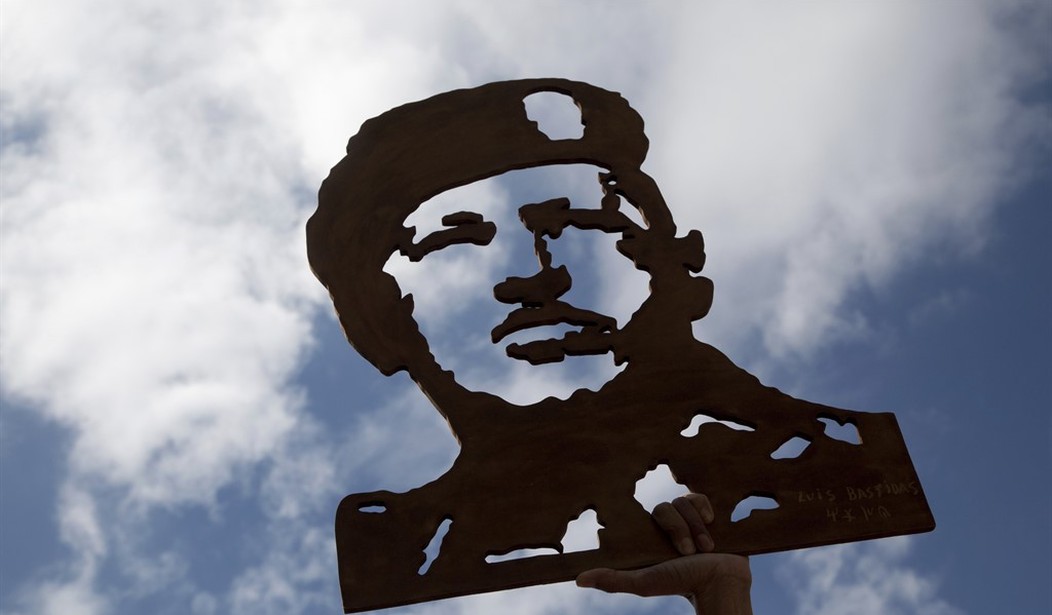Venezuelans are hungry. The return of inflation, estimated at 300% in Venezuela last year, has brought a return of what used to be called the Maduro diet, named for President Maduro.
“Neither dollars or bolivars are enough. I can’t afford anything,” said 68-year-old Mendoza, who lives in Los Teques, the capital of Miranda state…
Markets are full of food which few can buy, which pushes people to skip meals or rely on help from charities, said Ania Pulido, a nutritionist at advocacy group the Venezuelan Observatory for Food Security and Nutrition…
Some 50% of Venezuelan households live in poverty, according to a national poll carried out by the Universidad Catolica Andres Bello, and 41% of those polled said they skip one meal per day.
An estimated seven million people have fled Venezuela, looking for a life free of hunger and hyperinflation. For those who remain, most are barely hanging on. The Associated Press suggests this has created a certain amount of nostalgia for Hugo Chavez who died ten years ago and whose hand-picked successor Nicolas Maduro has been president ever since.
As the nation reflects on Chávez’s death a decade ago this month, Venezuelans now recognize that, whether by choice or circumstance, Maduro’s approach to running the oil-rich South American country is unlike his mentor’s, even as he repeatedly professes his reverence for Chávez.
“Things are really bad,” Ana García, a 37-year-old homemaker, said Sunday in Caracas as she carried an image of Chávez at a commemoration of his death. “The government rightly blames (economic) sanctions, but I am sure that Chávez would have found a way to help us; sometimes one feels that Maduro and the people around him do not do enough.”
Maduro has done plenty. Following in Chavez’ socialist footsteps, his solution was to print more money and silence his opponents.
The president printed more and more bolívars, the country’s currency. That sent inflation soaring, a problem he addressed twice by lopping multiple zeroes off the bolívar, introducing new bills and renaming the currency. Maduro set and then partially eliminated price controls. As the U.S. dollar spread as the de facto currency in the country, the president at first denounced it only to later embrace it as an “escape valve.”..
Of late, the government has been touting an economic revival — 12% growth in 2022 and 6.5% forecast this year, according to the United Nations.
But that recovery still leaves Venezuela well behind where it was before, after the economy shrank 80% between 2014 and 2020. And very few people, mainly a small group in the capital, are benefiting from it.
Some are pointing to whatever free market now exists in the country as a sign it has abandoned its revolutionary principles. They are thinking back to better days when Chavez appeared to have all the answers. But as the AP points out, Chavez’ brief success as a socialist was entirely dependent on high oil prices that didn’t last. Had he survived he would have faced the same problems as Maduro, i.e. massive government spending built around a lone export whose value was declining. No socialist has ever had a solution to that problem.
Instead of blaming Maduro and praising Chavez, people ought to be condemning them both for putting the country on this ruinous road in the first place. This NBC News report is from December 2021 and things have gotten worse since.








Join the conversation as a VIP Member